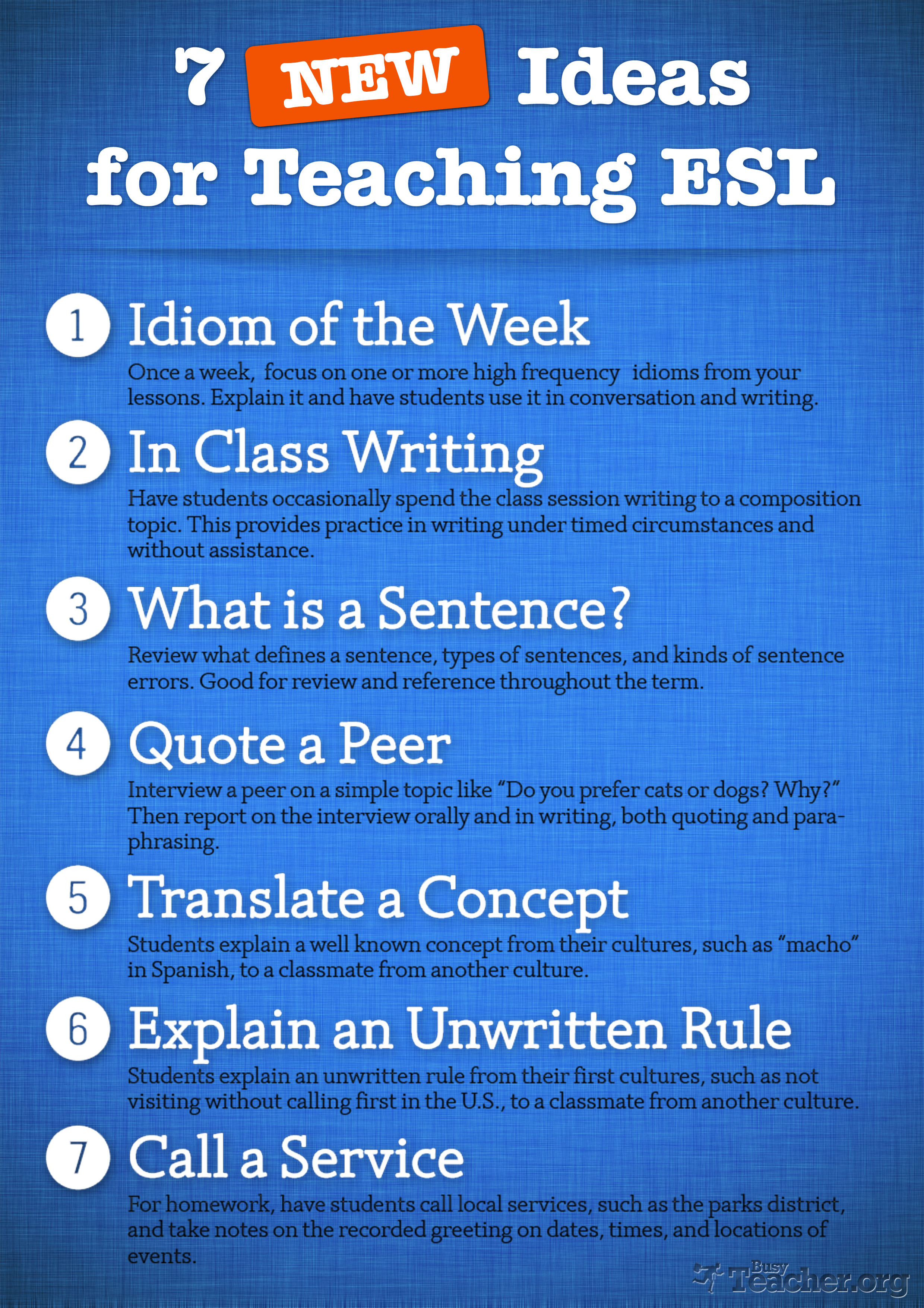

ELLs benefit from redundancy of ideas and their related vocabulary.They need to practice applying form (e.g., grammar, vocabulary) and function (e.g., language used to clarify, explain, argue) to communicate and build ideas. ELLs need opportunities to produce language in contextualized and purposeful ways.Particularly important is exposure to discipline-specific language so ELLs hear what it sounds like to communicate in an array of academic contexts.

Teachers, as well as students with higher language proficiency, serve as language models. ELLs need the opportunity to hear language in authentic and varied contexts.For ELLs, academic discussions are critical to language and content development because: Why are Academic Discussions So Important for Our ELLs?Īcademic discussions help all students develop reasoning skills and deepens understanding of content and multiple perspectives. Students use "talk moves," such as asking for clarification, paraphrasing, and building on or disagreeing with a previous idea.Students work together to co-construct knowledge and negotiate meaning.Anchored in grade-level texts and tasks.
 Purposeful and sustained conversations about content. In Oakland, we are greatly influenced by Jeff Zwiers and Marie Crawford's book Academic Conversations (2011), and we believe academic discussion demonstrates the following characteristics: What would it look like if language instruction occurred throughout the day? What would it take for every teacher to be a teacher of language in their discipline? These questions led us to identify Quality Academic Discussion as one district-wide strategy to foster collective responsibility for accelerating the language and content outcomes for our ELLs. Rather, we need to see language-rich instruction throughout the day, embedded in and woven through the content areas. Taken alone, this daily block of language instruction, isolated from any grade-level content, is not going to get us the results our students need and deserve. Much of ELL instruction has been focused on 30-60 minutes of English Language Development (ELD) each day. At the same time, it is no easy task ensuring that our English Language Learners (ELLs) are meeting grade-level content standards while mastering a second language. One of the many things I love about working for Oakland, California schools is serving a community rich in diversity of culture and language.
Purposeful and sustained conversations about content. In Oakland, we are greatly influenced by Jeff Zwiers and Marie Crawford's book Academic Conversations (2011), and we believe academic discussion demonstrates the following characteristics: What would it look like if language instruction occurred throughout the day? What would it take for every teacher to be a teacher of language in their discipline? These questions led us to identify Quality Academic Discussion as one district-wide strategy to foster collective responsibility for accelerating the language and content outcomes for our ELLs. Rather, we need to see language-rich instruction throughout the day, embedded in and woven through the content areas. Taken alone, this daily block of language instruction, isolated from any grade-level content, is not going to get us the results our students need and deserve. Much of ELL instruction has been focused on 30-60 minutes of English Language Development (ELD) each day. At the same time, it is no easy task ensuring that our English Language Learners (ELLs) are meeting grade-level content standards while mastering a second language. One of the many things I love about working for Oakland, California schools is serving a community rich in diversity of culture and language.







 0 kommentar(er)
0 kommentar(er)
